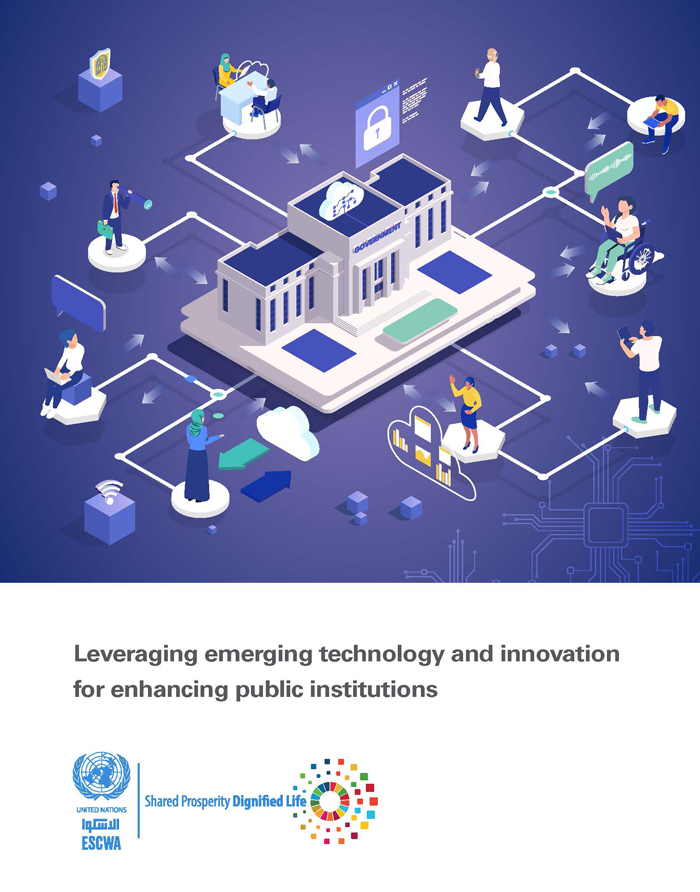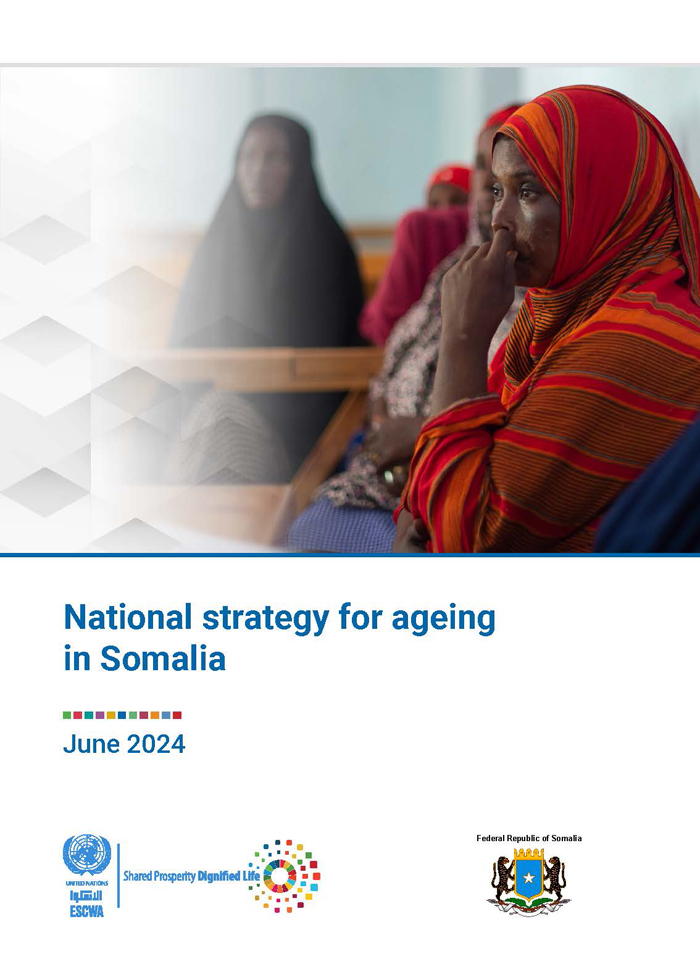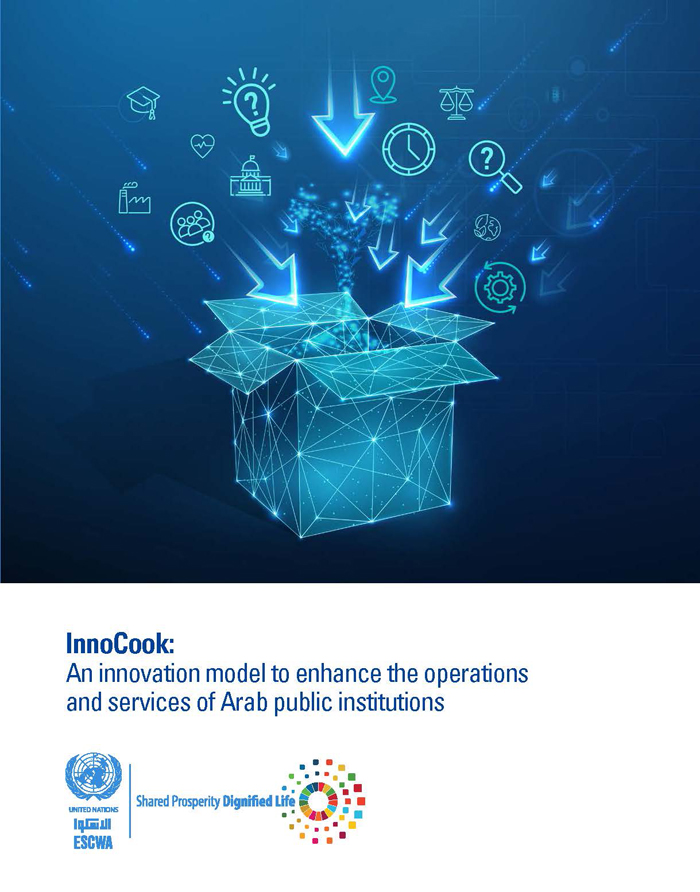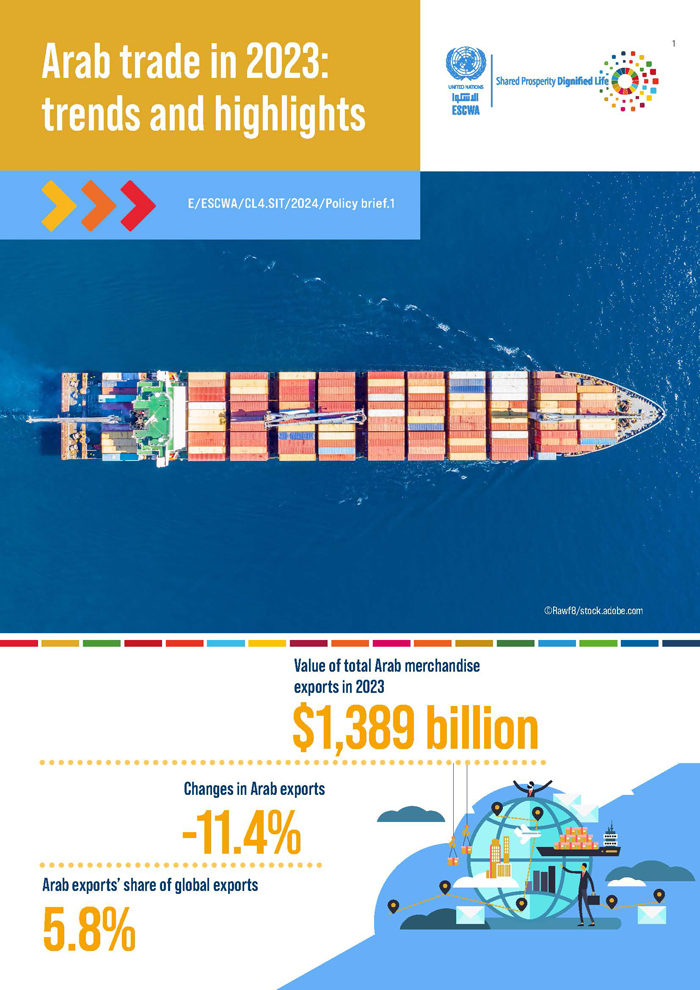
ESCWA Publication: E/ESCWA/CL4.SIT/2024/3
Country: People’s Democratic Republic of Algeria, Kingdom of Bahrain, Union of the Comoros, Republic of Djibouti, Arab Republic of Egypt, Republic of Iraq, Hashemite Kingdom of Jordan, State of Kuwait, Lebanese Republic, State of Libya, Islamic Republic of Mauritania, Kingdom of Morocco, Sultanate of Oman, State of Qatar, Kingdom of Saudi Arabia, Federal Republic of Somalia, Republic of Sudan, Syrian Arab Republic, Republic of Tunisia, United Arab Emirates, Republic of Yemen
Publication Type: Reports & studies
Cluster: Statistics, Information Society and Technology
Focus Area: Statistics, Technology & innovation
Initiatives: Digital Development , Technology Centre, Statistics Governance
SDGs: Goal 9: Industry, Innovation and Infrastructure
Keywords: Accessibility, Algeria, Artificial intelligence, Bahrain, Big data, Cities, Communication technology, Comoros, Databases, Digital technology, Djibouti, E-government, Egypt, Information technology, Iraq, Jordan, Kuwait, Lebanon, Libya, Mauritania, Morocco, New technologies, Oman, Open government, Popular participation, Public institutions, Public sector, Public services, Qatar, Recommendations, Saudi arabia, Somalia, Statistical data, Sudan, Sustainable development, Syrian arab republic, Technological innovations, Tunisia, United arab emirates, Yemen
Leveraging emerging technology and innovation for enhancing public institutions
November 2024
Technology can enhance the quality of governance in public institutions in terms of responsiveness, inclusiveness, trustworthiness and effectiveness, and can encourage citizens' participation in development processes. Innovation can prevent stagnation in public administration, providing pathways for developing, implementing and managing new services, policies and strategies. Many Governments in the Arab region are working to improve service delivery through various technologies. However, designs and developments are still based on public institutions’ visions rather than focusing on the needs and realities of the citizens they serve. Embedding innovation in public institutions could shift the relationship between institutions and society towards constructive engagement, allowing for more citizen-centric approaches in the development and delivery of public services.
This report examines the use of digital and emerging technologies and innovation in public institutions in the Arab region. The status and components of digital public infrastructure and the implementation of electronic services through e-government and open government initiatives are discussed. A wide range of good practices in the use of emerging technologies, from the Arab region and beyond, are analysed. Technologies such as cloud computing, artificial intelligence, blockchain technology and immersive technology are shown to facilitate and enhance citizens’ access to public services. If applied effectively, these technologies can improve public satisfaction and strengthen the relationship between public institutions and the public they serve. The report concludes with a list of policy and practical recommendations to guide public institutions in the Arab region towards structural changes through the responsible use and deployment of digital and emerging technologies and innovation.
Related content
Statistics
, Technology & innovation
,
Technology can enhance the quality of governance in public institutions in terms of responsiveness, inclusiveness, trustworthiness and effectiveness, and can encourage citizens' participation in development processes. Innovation can prevent stagnation in public administration, providing pathways for developing, implementing and managing new services, policies and strategies. Many Governments in the Arab region are working to improve service delivery through various technologies. However, designs and developments are still based on public institutions’ visions rather than focusing on the needs and realities of the citizens they serve. Embedding innovation in public institutions could shift the relationship between institutions and society towards constructive engagement, allowing for more citizen-centric approaches in the development and delivery of public services.
This report examines the use of digital and emerging technologies and innovation in public institutions in the Arab region. The status and components of digital public infrastructure and the implementation of electronic services through e-government and open government initiatives are discussed. A wide range of good practices in the use of emerging technologies, from the Arab region and beyond, are analysed. Technologies such as cloud computing, artificial intelligence, blockchain technology and immersive technology are shown to facilitate and enhance citizens’ access to public services. If applied effectively, these technologies can improve public satisfaction and strengthen the relationship between public institutions and the public they serve. The report concludes with a list of policy and practical recommendations to guide public institutions in the Arab region towards structural changes through the responsible use and deployment of digital and emerging technologies and innovation.


